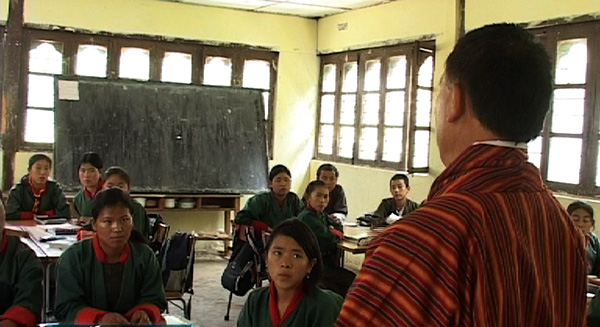 A report, Gender Responsive Planning and Budgeting in Bhutan, has been launched to address gender discrimination. The report says some noticeable forms of discrimination still continue in education, employment, and public-decision making.
A report, Gender Responsive Planning and Budgeting in Bhutan, has been launched to address gender discrimination. The report says some noticeable forms of discrimination still continue in education, employment, and public-decision making.
The report says there is limited number of girls’ enrollment in tertiary education, particularly in Mathematics and Science.
The number is even lesser in health and elected offices.
“We don’t have the arcane system of discrimination,” said the National Coordinator of UN WOMEN Rinzi Pem.
However, she said there is lesser number of women leaders.
“We somehow feel that women in general have lot of authority in Bhutan. But, the authority remains within the household. And that authority doesn’t translate to authority in the public arena.”
Health, education and agriculture sectors have been identified as pilot sectors for the gender responsive planning and budgeting.
The health sector has submitted the budget proposal.
Gender Responsive Planning and Budgeting in Bhutan is a strategy endorsed by government in 2010 to ensure that gender concerns are identified and addressed in planning and budgeting processes.
The report also said there seems to be lack of evidences in agriculture sector.
“The study clearly shows that in Bhutan, there is a need for evidence-based research, especially in sectors such as agriculture which is considered a more mainstream sector.”
Rinzi Pem also said there is a need to do sex disaggregated data, at all levels, which is missing.
“Women targeted programs is needed.”
To achieve gender equality and women’s empowerment, Gender Focal Point has also been designated in all ministries and departments.








